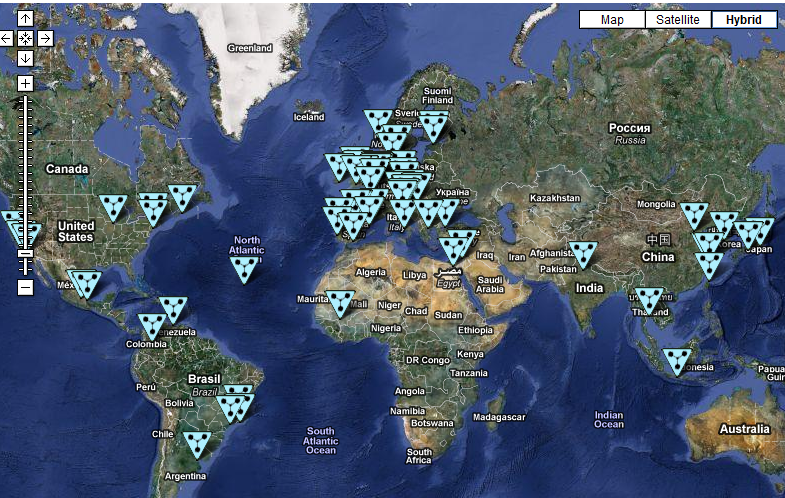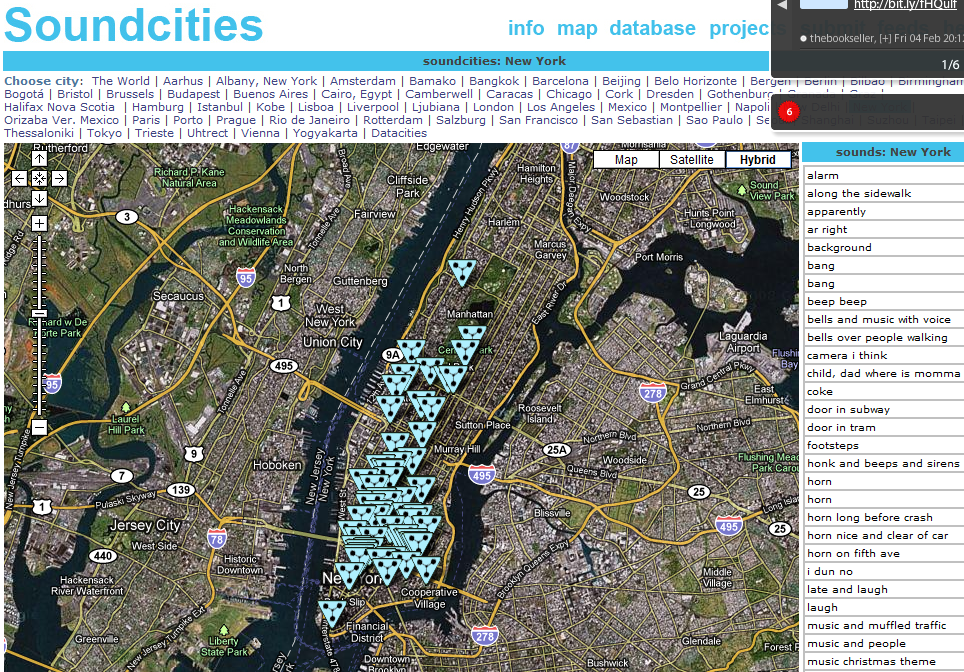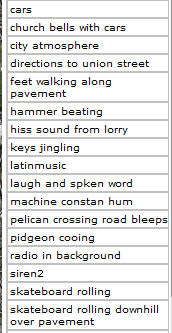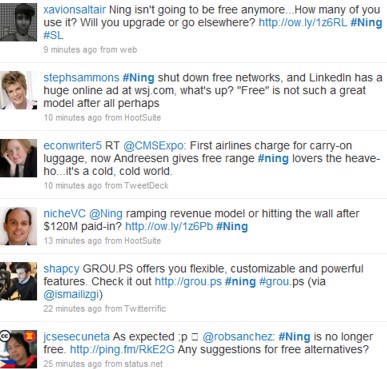
Janine Antoni, “Inhabit,” 2009. Courtesy of Luhring Augustine Gallery
I agree with the Art21 blog post, Another kick in the pants, that everyone needs the occasional kick in the pants, only I think that maybe we need it regularly. Joe Fusaro says
I use Art21 for a kick in the pants from time to time, whether it’s to inspire my teaching by watching Carrie Mae Weems or to give my studio practice a jolt by listening to Kiki Smith talk about her process for making works of art. I mean, everyone needs an occasional kick in the pants, don’t you think?
Joe goes on to mention TED talks as another source of inspiration, and I have to agree with him – TED.com and Art21 have been regular sources of inspiration for me too.
TED’s theme is Ideas worth spreading, and its mission is of epic dimensions:
…our scope has become ever broader…. We believe passionately in the power of ideas to change attitudes, lives and ultimately, the world. So we’re building here a clearinghouse that offers free knowledge and inspiration from the world’s most inspired thinkers, and also a community of curious souls to engage with ideas and each other. This site, launched April 2007, is an ever-evolving work in progress.
A clearinghouse that offers free knowledge and inspiration from the world’s most inspired thinkers is an amazing boast, and the reason why so many people either discover TED with joy or continue to return to its rich storehouse.
The scope of Art21 is enormous, and its themes a dream for teachers of art. The series explore such themes as compassion, consumption, ecology, fantasy, humor, identity, loss & desire, memory,paradox, place, play, power, protest, romance, spirituality, stories, structures, systems, time, and transformation. Each theme is tantalising in its scope, eg. compassion – artists explore conscience; reconcile past & present; expose injustice; express tolerance. It makes me wish that Art were compulsory, or at least, not separate from the official literacy which seems only to reside in English. A sharpening of higher order thinking skills will find no better place than the Arts (although it certainly resides in all subjects).
Every day I still find myself explaining, justifying and defending my online activity. I always point out that it’s the connections to people and ideas, information and images, which I would otherwise not discover, that keep me coming back to my laptop. It’s a breathlessly vast source of inspiration and ideas, a regular kick in the pants – pushing my thinking, challenging me, jolting me and enriching my life.
I would recommend Art21 to anyone, not just art lovers, because it provides a window into a world of ideas and creative concepts, and of course, TED.com because of its amazing array of interesting people who have a way of making complex things simply fascinating.







